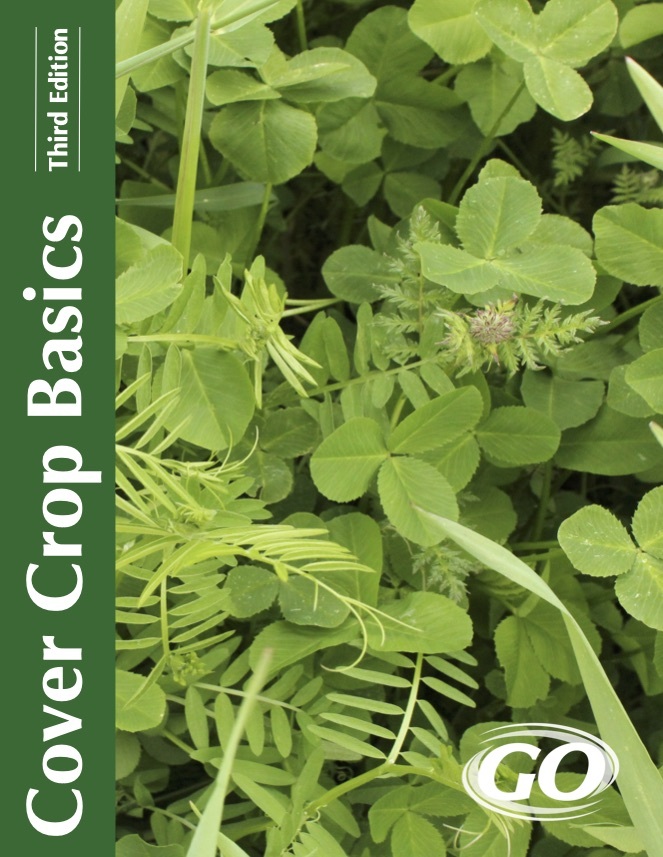Agricultural nonpoint source pollution has been identified as a major cause of water quality impairments in the United States. Increased fertilizer use, while contributing to increased productivity, leads to pollution of aquatic ecosystems when not absorbed by the plants. Cover crops have been identified as an effective conservation practice that can improve water quality by providing a protection cover to the soil. In addition to reducing the energy of rainfall on soils, cover crops also help improve soil infiltration and water storage capacity. The main objectives of this study are to understand farmers’ perceptions on water pollution sources and measures they desire to adopt to improve water quality; explore a combination of sociodemographic factors that are likely to influence cover crop and buffer strip adoption; and identify ways to improve outreach and engagement to increase future conservation practice adoption.


